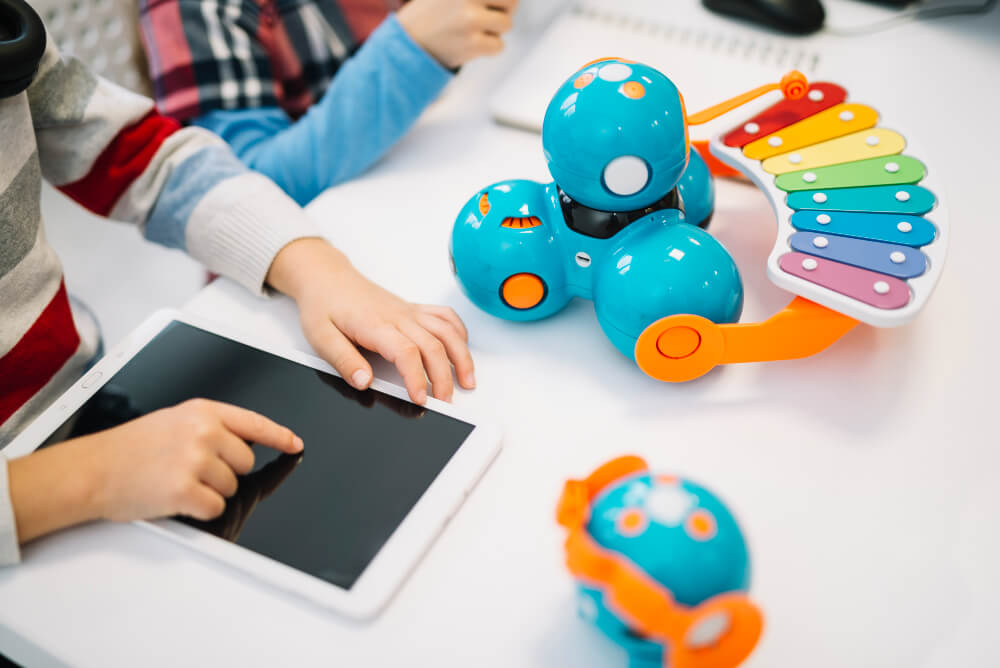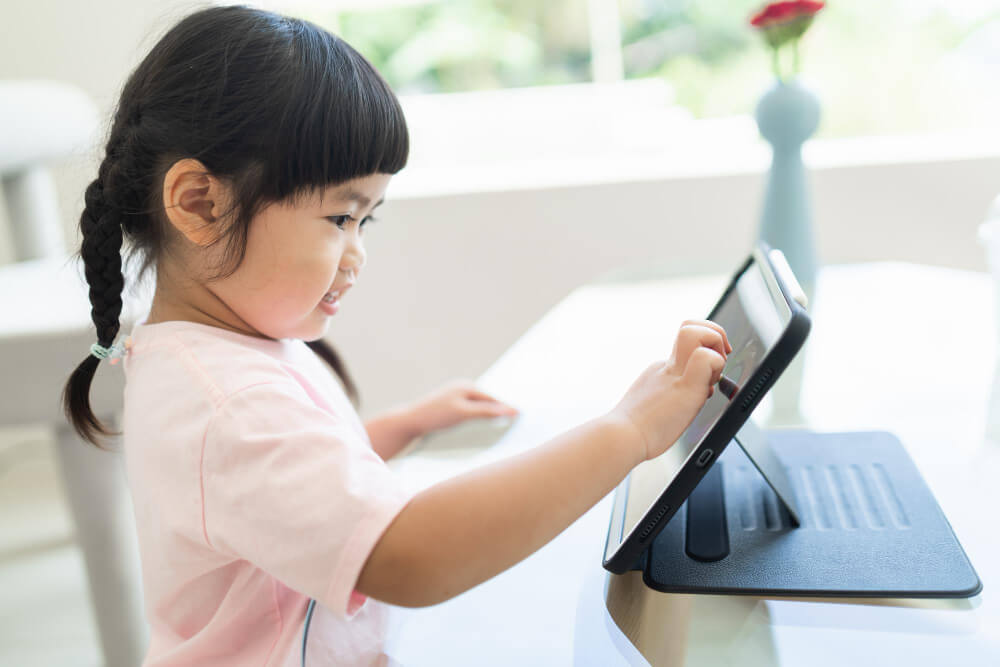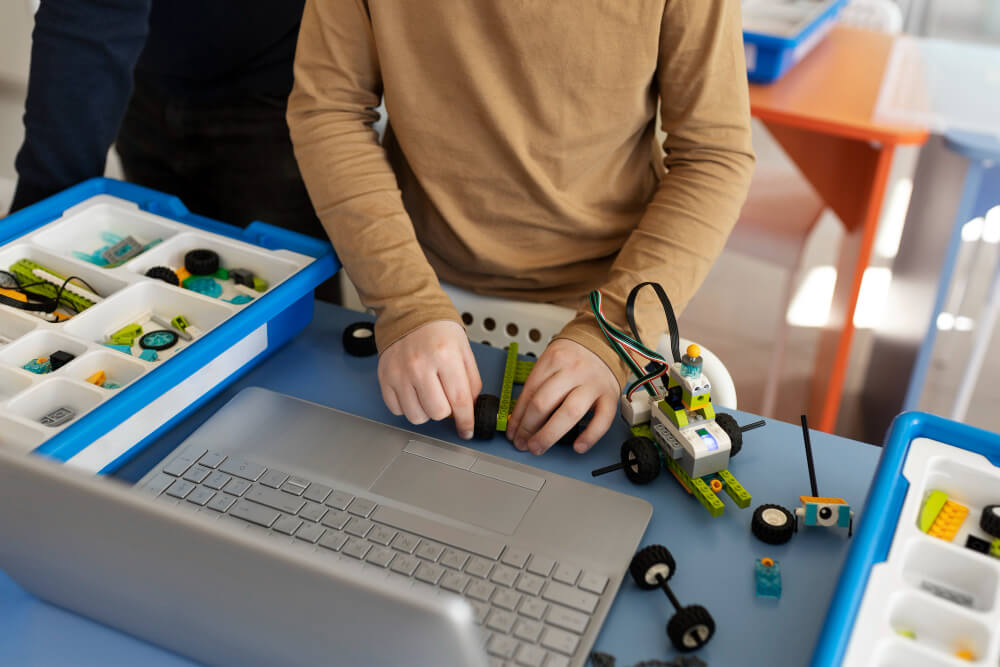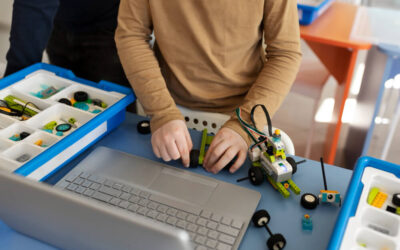
As parents, we strive to provide our children with the best possible education to prepare them for the future. In today’s digital age, technology plays a significant role in our lives, and it is essential to consider its integration into early childhood education. In this blog post, we will delve into the insights from the article “A systematic literature review of empirical research on technology education in early childhood education” and explore the impact of technology education on young children’s learning and development.
Understanding Technology Education in Early Childhood
Technology education in early childhood refers to the intentional integration of technology into educational practices for young children. It goes beyond simply using digital devices and encompasses a broader understanding of technology as a tool for learning, problem-solving, and creative expression. We will highlight the importance of technology education in fostering children’s interest in technology, developing their understanding of everyday technology, and preparing them for future learning.
Enhancing Learning Experiences through Technology

The systematic literature review reveals several key findings regarding the impact of technology education in early childhood. Firstly, technology integration has been shown to enhance children’s learning experiences by providing them with interactive and engaging activities. Technology tools, such as educational apps, interactive whiteboards, and age-appropriate software, can support children’s cognitive development, language skills, and creativity.
Fostering Problem-Solving and Critical Thinking Skills
Technology education in early childhood also promotes the development of problem-solving and critical-thinking skills. Through technology-based activities, children are encouraged to explore, experiment, and find solutions to challenges. This process fosters their ability to think critically, analyze information, and make informed decisions. By engaging with technology, children learn to navigate digital environments, troubleshoot problems, and adapt to new situations.
Bridging the Digital Divide
Eliasson, Peterson, and Lantz-Andersson (2023) highlight the importance of addressing the digital divide in early childhood education. While technology can offer numerous benefits, it is crucial to ensure equitable access to technology resources and opportunities for all children. Efforts should be made to provide equal access to technology tools and training for both educators and families, regardless of socioeconomic backgrounds. Bridging the digital divide ensures that all children have the opportunity to develop essential digital literacy skills and thrive in a technology-driven world.
Balancing Screen Time and Active Play

While technology integration in early childhood education offers numerous benefits, it is essential to strike a balance between screen time and active play. Eliasson, Peterson, and Lantz-Andersson (2023) emphasize the importance of maintaining a holistic approach to education that includes a variety of learning experiences, both digital and non-digital. Technology should be used as a tool to enhance learning and should not replace hands-on, sensory, and social experiences that are crucial for young children’s development.
Collaborating with Teachers and Parents
Collaboration between teachers and parents is key to the successful integration of technology education in early childhood. Open communication and shared goals ensure that technology is used effectively and appropriately to support children’s learning and development. Teachers can provide guidance on selecting age-appropriate technology tools and activities, while parents can reinforce learning experiences at home and promote responsible technology use.
In conclusion, Eliasson, Peterson, and Lantz-Andersson (2023) highlight the positive impact of technology integration on young children’s learning and development. By embracing technology as a tool for learning, problem-solving, and creative expression, we can nurture young minds and prepare them for the digital world. However, it is crucial to strike a balance, address the digital divide, and collaborate with educators and parents to ensure equitable access and responsible use of technology in early childhood education.
Reference
Eliasson, S., Peterson, L., & Lantz-Andersson, A. (2023). A systematic literature review of empirical research on technology education in early childhood education. International Journal of Technology and Design Education, 33(3), 793-818.



